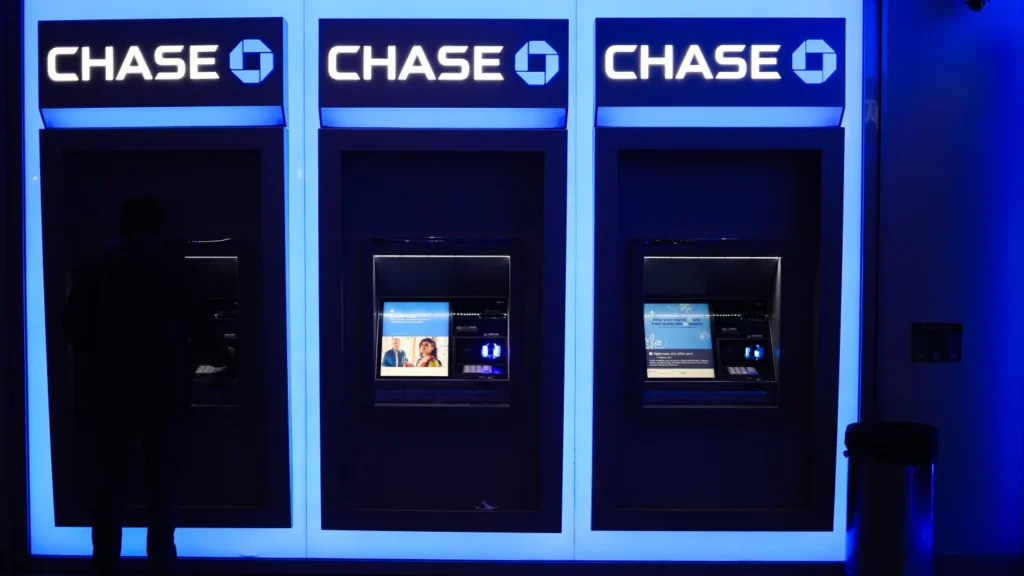JPMorgan Sues More Customers Over ‘Infinite Money Glitch’

Content Index
JPMorgan Chase has started suing more customers who they say took advantage of last year’s viral “infinite money glitch” to steal funds from the bank.

This week, the bank shifted focus to customers who allegedly took less than $75,000. That means they are now filing cases in state courts instead of federal courts, which they used for bigger cases last year, according to someone familiar with the matter.
The glitch — which gained attention on social media in August 2024 — allowed users to withdraw the full value of a fake check before it officially bounced.
In one recent case, JPMorgan claims that on August 29, 2024, someone deposited a $73,000 fake check into a Chase account in Georgia. Within six days, that person allegedly withdrew $82,500 in cash from two different branches before the check was flagged as bad. According to the lawsuit, the customer now owes over $57,000 and hasn’t returned the money, despite being asked.
You may also like
Smartphones and computers are now exempt from Trump’s latest tariffs
Besides Georgia, the bank is also filing similar lawsuits in places like Miami, the Bronx in New York, and two counties in Texas.
Since October, JPMorgan has sent over 1,000 letters to customers demanding they return the funds. Some people gave back the money after news reports surfaced about the bank cracking down on large withdrawals.
The bank says it looked at thousands of possible cases but decided to sue only in cases involving bigger amounts and clear signs of fraud.
You may also like
Online Food Delivery | Here’s How DoorDash Works

These civil lawsuits are separate from any criminal cases that state or federal law enforcement may be working on.
“We’re still investigating and working with authorities — and we’ll keep going until those who committed fraud are held responsible,” said JPMorgan spokesman Drew Pusateri.
Trying to Avoid Paying Through Bankruptcy?
You may also like
NHS Employees Survey to be launched in GP practices this autumn
Some people who took advantage of the glitch have filed for bankruptcy — possibly to escape paying the money back. But JPMorgan is trying to stop that too.
This week, in a bankruptcy court in Michigan, the bank asked for more time to fight a customer’s effort to wipe out their debt. In this case, the person had deposited a fake check for nearly $45,000 and quickly made cash withdrawals and Cash App transfers to himself, according to JPMorgan.
“Bankruptcy laws exist to help people in tough situations,” said Pusateri. “But they’re not meant to erase debts that were created through fraud.”
